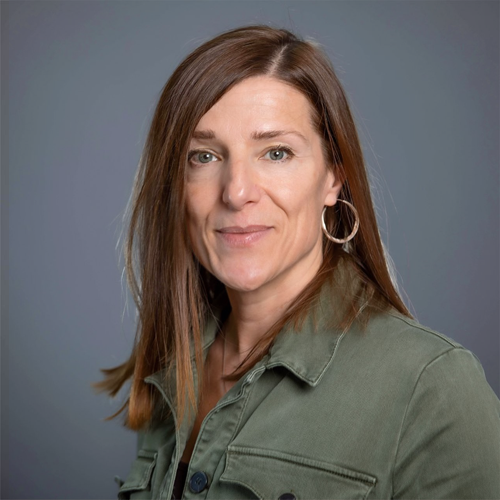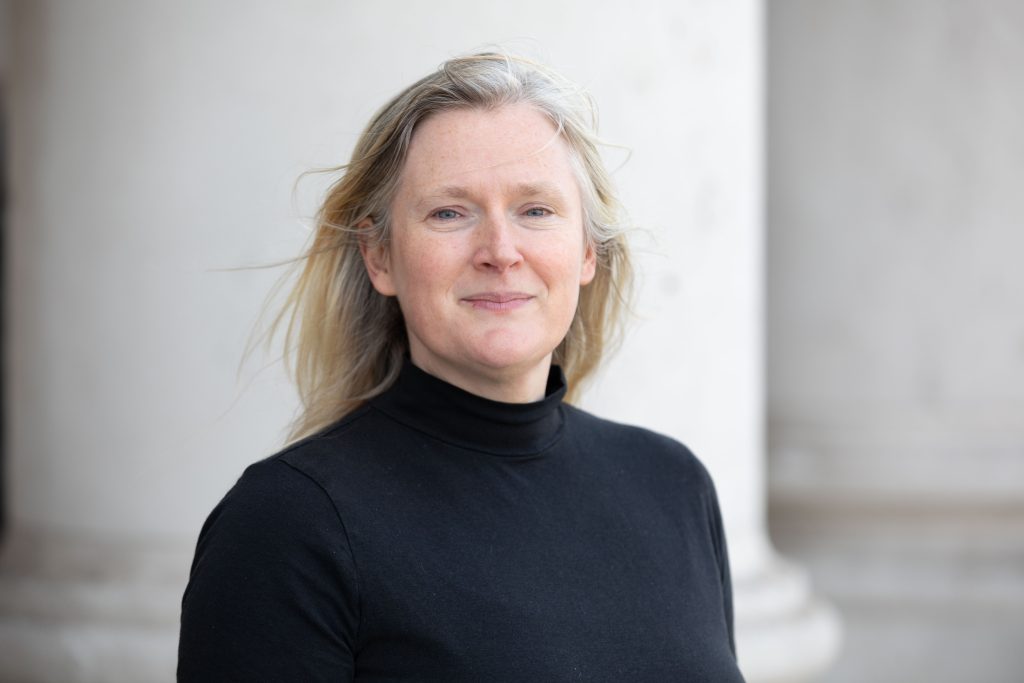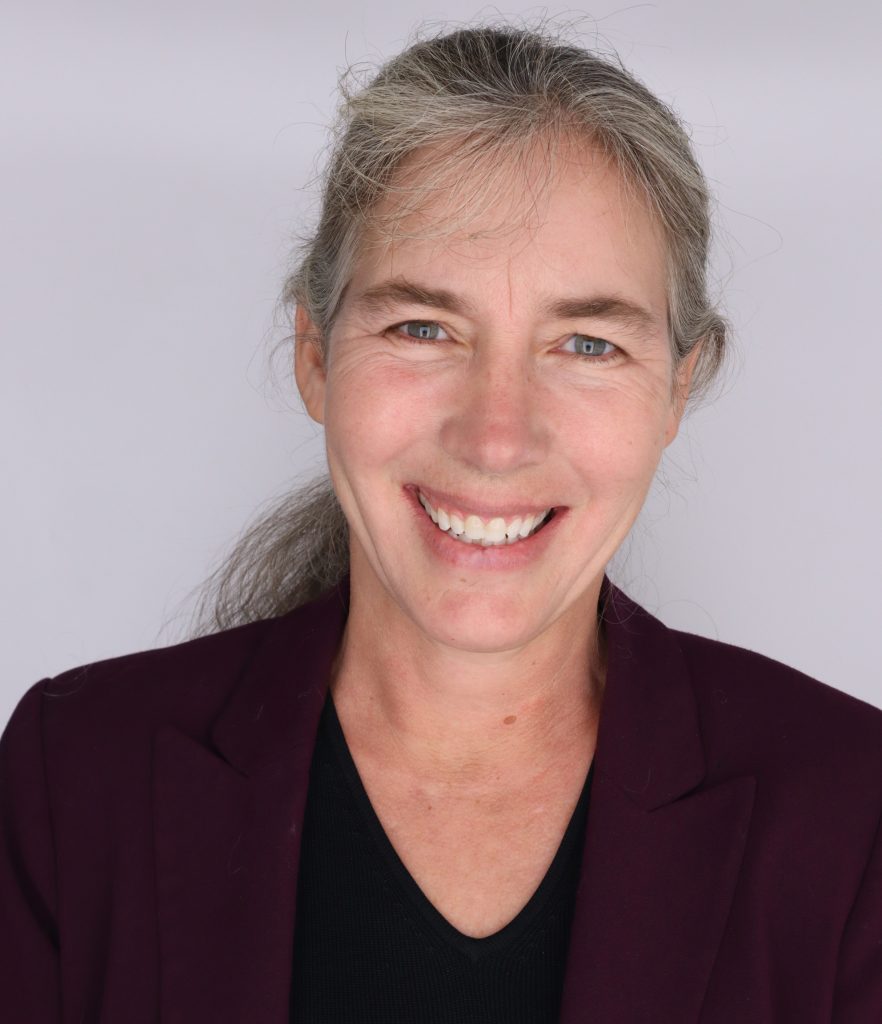- Prof. Dr. Mark Cieliebak
Are machines the better essay writers? - Dr. Kalliopi Benetos & Prof. Dr. Ann Devitt
The changing role of academic writing technologies in the digital age:
supporting and capturing the writing process - Prof. Dr. Heidi McKee
Writing & Emerging Technologies: Strategies for Innovation, Adaptation, and Resistance
Are machines the better essay writers?
Prof. Dr. Mark Cieliebak
In this presentation, I will shed light on recent developments in Natural Language Processing (NLP), and how they might influence the academic writing process. This covers topics as broad as text summarization, essay generation (e.g. with GPT-3), or chatbots. I will present several showcases and assess the quality and potential of the underlying technologies. The core algorithms will be explained for a non-technical audience.
Short bio

Prof. Dr. Mark Cieliebak is Professor for Natural Language Processing (NLP) at Zurich University of Applied Sciences (ZHAW) and CEO of SpinningBytes AG, a startup that specializes in innovative solutions for Text and Speech Processing.
He has conducted more than 40 projects within research and industry, resulting in over 70 scientific publications. He is also founder and chair of the Swiss Text Analytics Conference (SwissText) and president of the Swiss Association for Natural Language Processing (SwissNLP). Apart from work, he enjoys spending time with his three teenage kids, he is a passionate climber, and he loves to ski and snowboard.
The changing role of academic writing technologies in the digital age:
Dr. Kalliopi Benetos & Prof. Dr. Ann Devitt
supporting and capturing the writing process
Issues of academic integrity stemming from AI writing are forcing us to think differently about how we assess learning in academic contexts.
In this presentation, we consider how current academic writing practices and their instruction shape knowledge construction and its demonstration.
We examine the phases of the writing process and how technology can both support and capture those phases. Our goal is to open discussion on multiple means of representation of learning beyond traditional academic writing outputs which can still leverage the opportunities for learning that the writing process entails.
Short bio

Dr. Kalliopi Benetos is a senior lecturer and research associate at the University of Geneva, working with the educational technology unit TECFA. After initial studies in Fine Arts and English literature, Kalli worked extensively in print, web and interaction design. She holds a Masters in Learning and Teaching Technology and a PhD in Educational Sciences, with more than 20 years of experience in the design and development of educational technology.
Her research interests are in computer-supported writing-to-learn, technology appropriation in education and instructional design for technology-mediated learning environments. She teaches courses in human-computer interaction, digital fabrication and instructional design at the university level and currently directs the CAS in the design and development of distance learning.

Prof. Dr. Ann Devitt is associate professor of language and literacy education at the School of Education in Trinity College Dublin. She is Academic Director for Learnovate, the Enterprise Ireland funded centre of excellence for educational technology which is hosted in Trinity College.
Her research interests lie in the area of language teaching and learning and technology enhanced learning. She has extensive research experience in both academia and industry having worked in the language and speech technology industries as well as in telecoms for a number of years.
Writing & Emerging Technologies: Strategies for Innovation, Adaptation, and Resistance
Prof. Dr. Heidi McKee
We in writing centers and in the writing field more broadly have much to contribute to the research, usage, and design of digital technologies. Our work as writing tutors, teachers, researchers, and program administrators requires us to be deeply immersed in complex and ever-changing assemblages of people and technologies. From global networks and multimodal applications to AI writing systems, robot graders, and digital tutors, the dynamic technological and cultural contexts of our work are exciting, but complex. How do we make sense of it all? What should we be considering amid the array of technologies impacting writers, writing, writing centers, and the teaching of writing? And, importantly, how can we make pedagogically sound decisions and take action to shape our digital futures in ethical and socially just ways, especially given the increased corporate presence these technologies often entail? This keynote overviews some of the opportunities and challenges we face with the emergence (yet again) of new writing technologies, and offers strategies and heuristics for critically engaging these technologies and crafting our writing futures.

Short bio
Prof. Dr. Heidi McKee is a Professor of Professional Writing in the English Department and affiliate faculty in the Department of Emerging Technology in Business & Design at Miami University, where she served for six years as director of the writing center, writing-across-the-curriculum, and business communication program in the Farmer School of Business.
For over 20 years, Heidi has been researching and teaching about digital writing technologies, co-authoring and co-editing five books on digital writing: Digital Writing Research, Technological Ecologies & Sustainability, Digital Writing Assessment, The Ethics of Internet Research, and Professional Communication & Network Interaction. She has authored or co-authored 35+ chapters, articles, and conference proceedings, including most recently: “Team Roles and Rhetorical Intelligence in Human-Machine Writing”; “Ethics for AI Writing: The Importance of Rhetorical Context”; and “Intercultural Communication and Teamwork: Revising Business Writing for Global Networks.”


